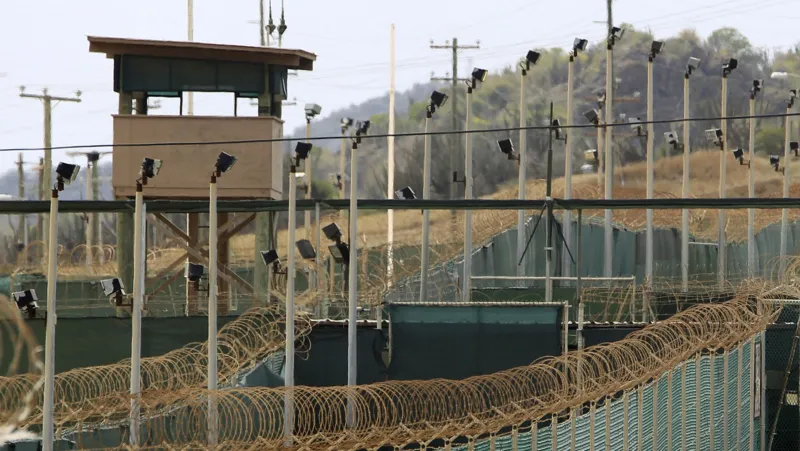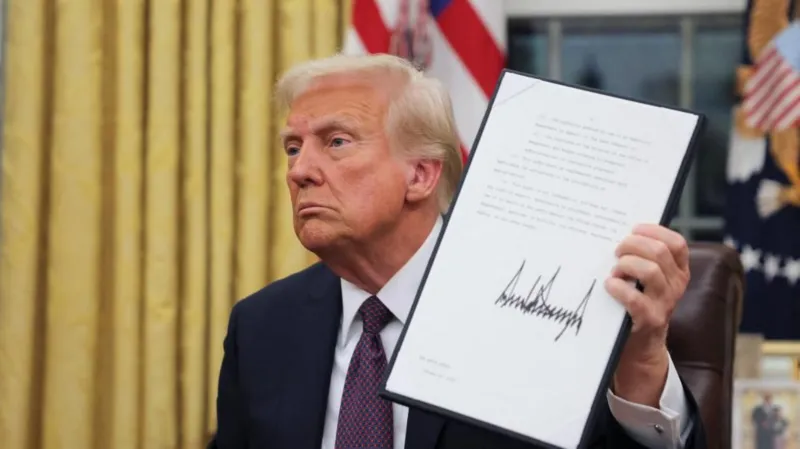In a major step toward reducing the number of detainees at the controversial Guantanamo Bay detention facility, the United States has transferred 11 individuals to Oman. This development marks another effort in the ongoing process of closing the prison, a goal that has been the focus of successive U.S. administrations. The transfer is part of a broader diplomatic initiative involving agreements with countries willing to accept detainees who have been cleared for release.
The detainees, whose identities and specific cases have not been disclosed, had previously been held without formal charges or trials at the facility in Cuba. These transfers are often arranged for detainees who cannot return to their home countries due to safety concerns, political instability, or the risk of persecution. Oman, a Gulf nation with a history of providing refuge under humanitarian considerations, has stepped in to accept the detainees as part of this humanitarian initiative.
The U.S. Department of Defense has confirmed the transfer, stating that it was conducted in compliance with international legal frameworks and in coordination with Omani authorities. The detainees will reportedly undergo a reintegration process to facilitate their transition to civilian life. Oman has agreed to host the individuals temporarily under strict monitoring and security arrangements to ensure their smooth integration.
This latest transfer underscores the continued challenges associated with closing Guantanamo Bay. Established in 2002 during the aftermath of the September 11 attacks, the detention center was designed to house individuals deemed threats to national security. Over the years, it has faced widespread criticism from human rights organizations, legal experts, and foreign governments for detaining individuals indefinitely without due process.
Despite these transfers, the facility remains operational, and approximately 30 detainees are still held there. Many of them face complex legal and security evaluations before potential release or transfer. This process involves navigating the concerns of host nations, international relations, and the detainees’ legal rights.
The Biden administration has reaffirmed its commitment to closing Guantanamo Bay, building on efforts initiated by President Barack Obama. However, this endeavor has faced legislative and political hurdles, including opposition from Congress, concerns about national security, and public debate about the fate of remaining detainees.
The transfer of detainees to Oman represents a step forward in resolving one of the most enduring and polarizing legacies of post-9/11 counterterrorism policies. For many advocates, it signals hope for a future where international human rights and the rule of law take precedence over indefinite detention. However, the path ahead remains fraught with challenges, as the U.S. grapples with finding long-term solutions for the remaining detainees and addressing the broader implications of the facility’s legacy.
As the world watches, this transfer serves as a reminder of the complex interplay between national security, diplomacy, and human rights in shaping U.S. policy on Guantanamo Bay.




















